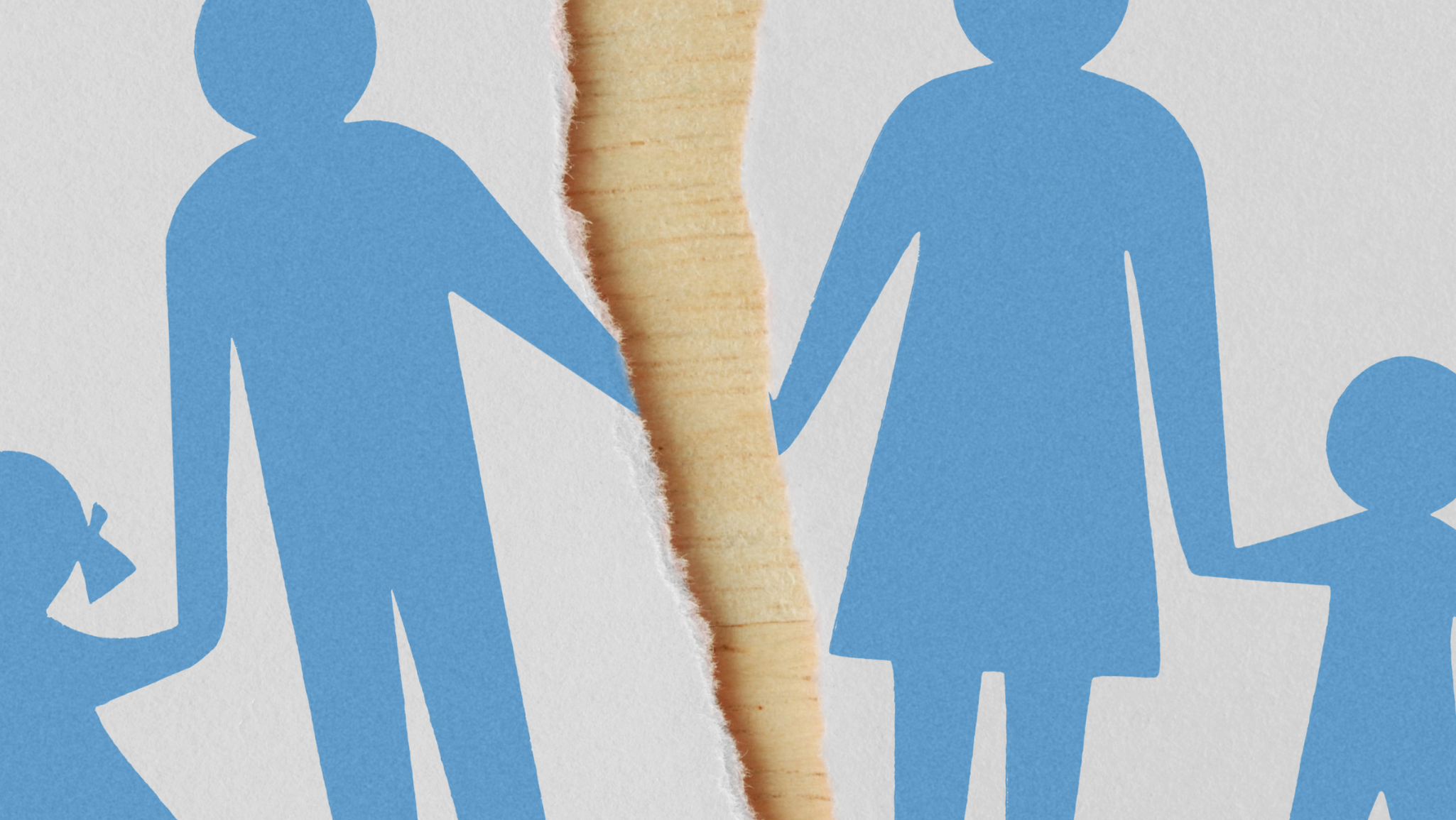Gratitude is more than a virtue; it is a practical pathway to wellbeing. Of all the influences on happiness—love, health, friendship, or financial security—gratitude often matters most, because it shapes how we experience whatever is already present.
What makes gratitude unique is its availability. It does not depend on ideal circumstances. A person can be struggling and still access it, just as someone with comfort and success can entirely miss it. Left on autopilot, the mind tends toward complaint. Gratitude, by contrast, is a practice—a small, daily act of intention that gently shifts how life feels from the inside.
Unlike anxiety, grief, or fear, gratitude can be strengthened by an act of will. We cannot wish away hard emotions, but we can choose where to place our attention. One simple question helps: What am I taking for granted right now that I would miss if it were gone? Breath, warmth, familiar routines, the ability to think, feel, and connect. The longer we ask, the longer the list becomes.
This is why gratitude is always available. It costs nothing. It requires no special beliefs. It does not deny hardship—it simply changes our relationship to what is, without demanding that anything else change first.
As the holiday season approaches, this practice offers a quiet steadiness. Gratitude may not solve every problem, but it can soften the heart, widen perspective, and make space for hope. For something so simple, it may be the most reliable elixir we have.
In my work as a mediator, I see how easily stress, uncertainty, and conflict can narrow people’s focus to what has been lost or feels unfair. When gratitude is gently reintroduced—not as a demand, but as an invitation—it often creates just enough steadiness for clearer thinking and more compassionate conversation. It does not erase difficulty, but it can help people meet it with greater balance, dignity, and care, especially during times of transition.
ABOUT THE AUTHOR
Mike MacConnell, founder of Reflective Mediation, is an accredited family mediator, conflict coach, educator and author. He is the highest-ranked mediator on Google in the greater Toronto area, with over 220 5-star reviews. To book your free consultation click here.






















